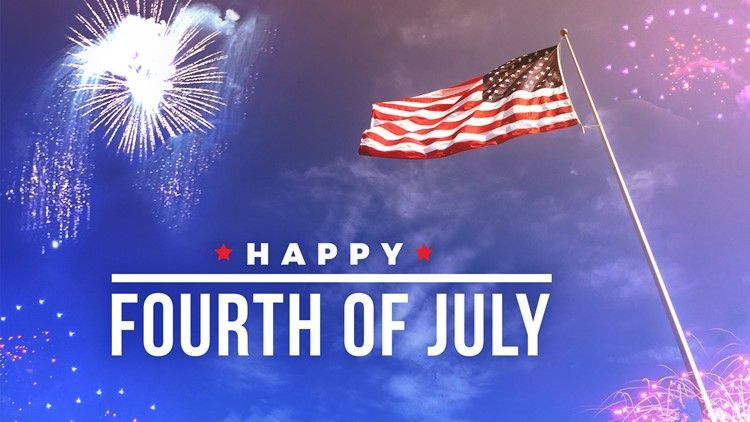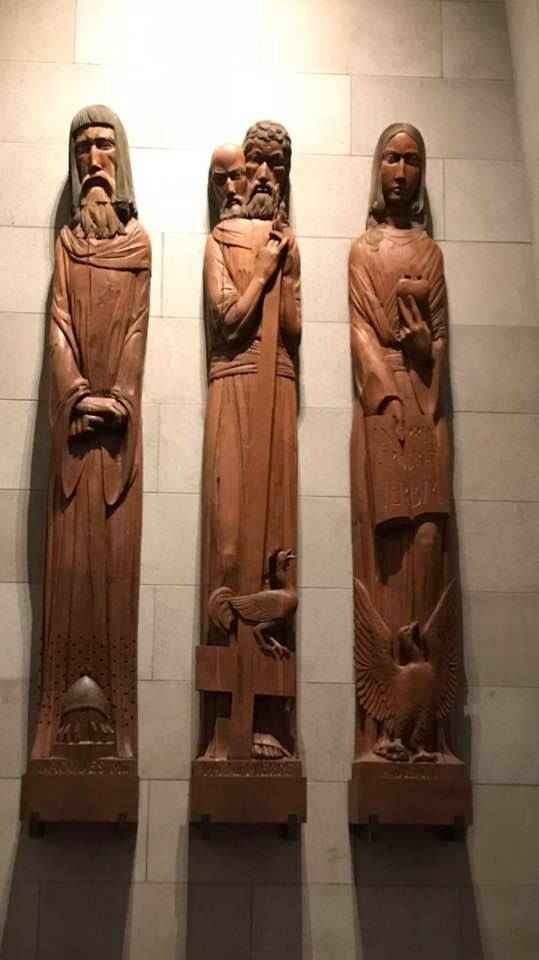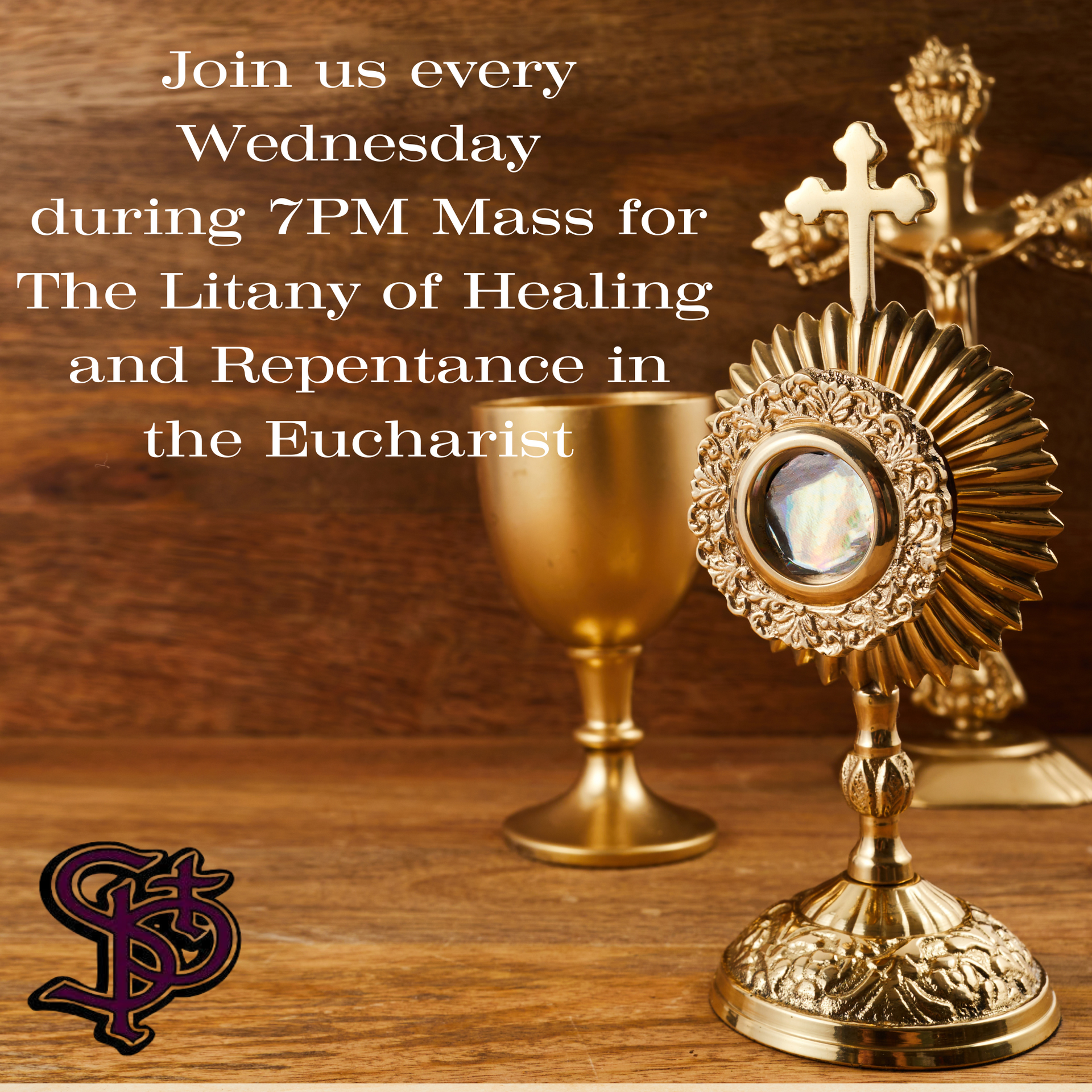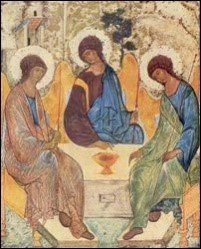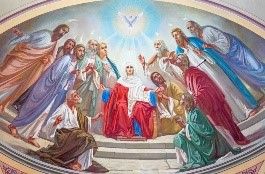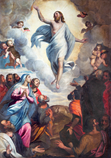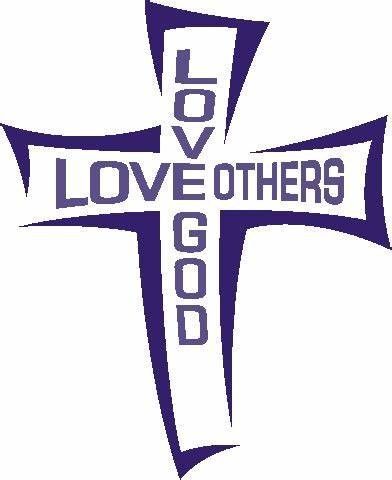Ezekiel, Paul, Jesus--Doers of God’s Will

Joke: A cab driver reaches the Pearly Gates and announces his presence to St. Peter, who looks him up in his Big Book. Upon reading the entry for the cabby, St. Peter invites him to grab a silk robe and a golden staff and to proceed into Heaven. A preacher is next in line behind the cabby and has been watching these proceedings with interest. He announces himself to St. Peter. Upon scanning the preacher's entry in the Big Book, St. Peter furrows his brow and says, "Okay, we'll let you in, but take that cotton robe and wooden staff." The preacher is astonished and replies, "But I am a man of the cloth. You gave that cab driver a golden staff and a silk robe. Surely, I rate higher than a cabby." St. Peter responded matter-of-factly: "Here we are interested in results. When you preached, people slept. When the cabby drove his taxi, people prayed."
Three doers of God’s will come to their senses and follow God’s will to live, preach, and even die for the Truth. They understand their missions which are wrapped in one single word—Surrendering. Ezekiel, Paul, and Jesus surrender themselves totally to God’s will.
The first doer of God’s will, the prophet Ezekiel in today’s first reading, describes the Spirit of the Lord entered into him and set him on his feet to go to preach to those who rebelled against the Lord. The Israelites, the Lord said to Ezekiel, “Hard of face and obstinate of heart are they to whom I am sending you.” Ezekiel accepts the invitation of the Lord to go to preach to the people of Israel, even though it is not comfortable to preach against the nation, against the obstacles that blocked their vision to recognize that the Lord, the God of Israel is the only God that they should worship and glorify, and there should be no other gods beside Him. Just as the Israelites often resist the prophetic word because of their hardened hearts, minds, and souls, we might want to ask ourselves: Is there a time in our life that we ignore the teaching of the Church to have an abortion, to steal, to cheat our spouse, to neglect taking care of our children, to act uncharitable to others? Is there a time in our life when we stop going to Church, and stop communicating with our loved ones and friends? What might be the cause of all these resisting charitable moments?
Just as the prophet Ezekiel, the second doer of God’s will, St. Paul in today’s second reading, accepts the invitation of the risen Lord Jesus Christ to preach to the Gentiles and to be witnessed to the risen Lord Jesus even at the point of wanting to run away that in his distress, the Lord says to him, “My grace is sufficient for you, for power is made perfect in weakness.” Just as Saint Paul accepts his weaknesses, insults, hardships, persecutions, and constraints in preaching to the Gentile which Ezekiel also experienced, have we had that total surrendering to trust in the Lord like these two prophets do, even though we might have to face seeing our loved one suffered from cancer, seeing our children go astray, seeing our spouse unfaithful, or even seeing our society redefine the meaning of marriage which God established between a man and a woman? What God has joined, no one can separate.
There are normally ten fingers on both hands. These ten fingers symbolize all the people involved in our lives. The two thumbs are symbolized our parents. Two index fingers symbolize our siblings. Two little fingers symbolize our children. Two wedding fingers symbolize our spouse, and the two middle fingers symbolize whom I don’t have to explain. If we put them together in the gesture of praying, we are looked very holy and pious. Wrong. Why? If we pay attention, the middle fingers are the highest fingers of all other fingers. That means our self-center, our ego, our selfishness, and our attention focus on ourselves and ourselves alone that we might not be able to see anyone else including our parents, our siblings, our children, and our spouse. However, when we lower our middle fingers, we will see everybody else. The point is to humble ourselves in our relationship with one another.
The greatest doer of God’s will who is not only man but also God Himself, Jesus Christ, comes not only to preach but to bring peace and healing and to reconcile people back to God. Just as Ezekiel and Paul accept the invitation of the Lord to preach to the Gentile, the Son of God, JC, accepts to vest on Himself our very human flesh to bring salvation to the whole human race. His so great love, mercy, and forgiveness that is outstanding and far reached from Ezekiel and Paul that, unlike Ezekiel and Paul, Jesus’ preaching stirs up people’s jealousy and ego to the point that they are not able to accept Him as God, but a man only that St. Mark, in today’s Gospel, reports what the Israelites questioning Jesus saying, “Where did this man get all this? What kind of wisdom has been given him? What mighty deeds are wrought by his hands! Is he not the carpenter, the son of Mary, and the brother of James and Joses and Judas and Simon? Are not his sisters here with us?” Jesus is not able to perform any mighty deeds except for a few because of their lack of faith. Because of their lack of faith, they are not able to accept that He is God; they are not able to see Him who has the power to forgive sins; they are not able to worship the true God and to follow his true teaching.
Of these three doers of God’s will—Ezekiel, Paul, and Jesus in all today’s readings, which one do we identify ourselves with: Ezekiel who is uncomfortable when he is asked to preach to the rebelling people against the Lord; Paul who is more uncomfortable when he is asked to preach to the Gentiles that he begs the Lord to leave him alone; or Jesus Christ who is not only uncomfortable but so afraid that he asks his father saying, “Abba! Father! All things are possible for You; remove this cup from Me; yet not what I will, but what You will.” These doers of God’s will accept God’s will and surrender themselves to live and to testify for the Truth, do we follow our own will or the will of God in our spiritual journey? Do we follow the trend of society, the power of this earthly life, or do we follow the teaching of the Lord and the teaching of the Church? The motto IN GOD WE TRUST was placed on United States coins largely b/c of the increased religious sentiment existing during the Civil War. Almost one hundred years later, it was placed on the dollar bills till now. The question is not who do we trust, but how do we trust in God? Do we trust in Him by following His will or following our own will? The decision is yours.


